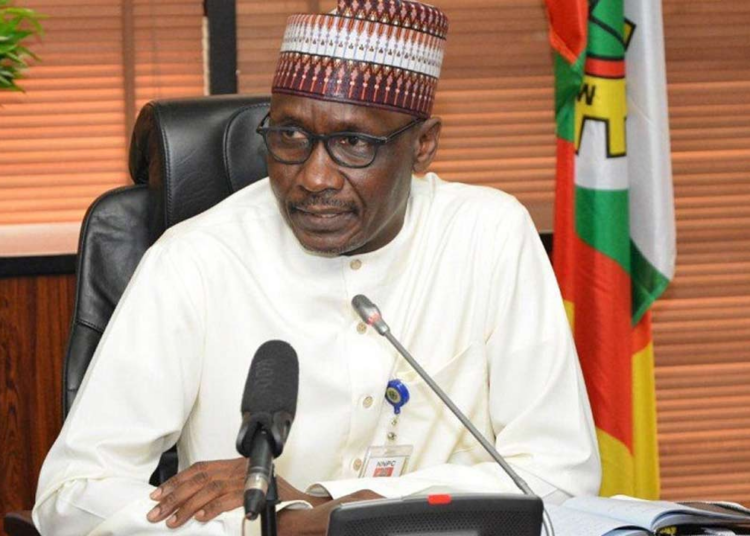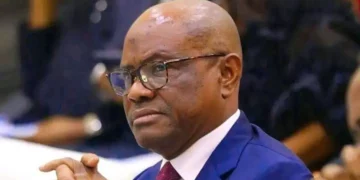The International Monetary Fund, (IMF) and the Nigerian National Petroleum Company, are locking horns on claims and counterclaims on secret return of petrol subsidy in the country.
The IMF is still saying that Nigeria’s reintroduction of a gasoline subsidy months after it was scrapped is expected to guzzle almost half of its projected oil revenue this year.
The implicit subsidy will cost the country an estimated N8.43 trillion ($5.9 billion) of its projected N17.7 trillion oil revenue, in 2024, the IMF said in a report published on Thursday.
Its forecasts are similar to Bank of America’s, which projects it could cost Nigeria between $7 billion and $10 billion this year if it imports between 18 and 25 billion litres of gasoline, Tatonga Rusike, BofA sub-Saharan Africa economist, wrote in a note.
It said that rising crude oil prices are set to send Nigeria’s ‘secret’ bill for fuel subsidies rocketing, threatening to exacerbate the already precarious economic situation of Africa’s largest oil producer.
RELATED: Fuel Subsidy Removal Necessary For Nigeria’s Economy – Tinubu
Brent, the benchmark for Nigeria’s crude oil, has gone from an average of $77 in January to as much as $86 per barrel as of Tuesday.
Although the rising price of crude oil could help in boosting funding for the country’s 2024 budget, which has a benchmark of $77.96 per barrel, the country has been unable to meet its production quotas as its declining production means it cannot increase crude oil revenue from oil sales.
Higher oil price also translates to a larger petrol subsidy burden on the Nigerian National Petroleum Company (NNPC) Ltd.
This is because the federal government has forced a lid on the retail price of petrol, even as the landing cost has long crossed the pump price, leading to the conclusion that the government has begun subsidising the commodity.
However, this calculation has been seen and described as misrepresentation of facts by the NNPCL.
“We are recovering our full costs from the products we import. It is important to emphasise that the subsidy is no longer in place. Contrary to allegations, petrol subsidy has not been reinstated, Chief Corporate Communications Officer, NNPC Ltd, Olufemi Soneye, said in a note to LEADERSHIP.
There are however reports that the NNPCL was using proceeds from Nigeria LNG dividends to pay subsidies on petrol while other reports claim the company deducts the subsidy amount from the proceeds of Nigeria’s crude oil sales before remitting the remaining balance to the federation account.
The exact amount deducted by NNPCL remains unclear, but unofficial data claims it could be as high as N17.72 billion daily, raising concerns about transparency.
A report by the Federation Account Allocation Committee last August showed that over N169 billion was used to pay subsidies, a development that reveals what the country is up against.
The World Bank last December also claimed that Nigeria has a partial subsidy in place and that petrol should be priced at N750 per litre at the pumps.





